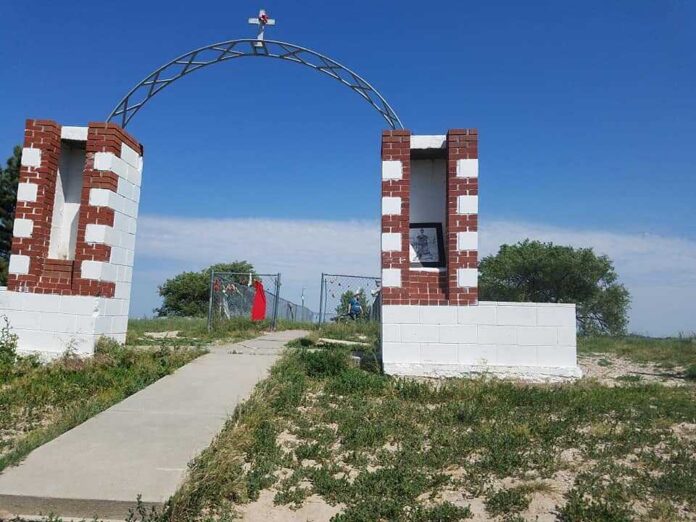
Defense Secretary Lloyd Austin has initiated a review of 20 Medals of Honor awarded to soldiers who took part in an action that took place in 1890.
The action that is coming under the microscope is the Battle of Wounded Knee in South Dakota which took place on December 29, 1890.
A senior defense official, speaking exclusively with Military.com, explained that the goal is to verify that these medals were not awarded for actions such as attacking noncombatants or committing atrocities like murder or rape. The events of Wounded Knee, often mislabeled as a battle, were in reality a tragic massacre. The U.S. Army, in a campaign to suppress the local tribes, killed hundreds of unarmed Lakota Sioux, including many women and children, as they attempted to disarm Native American fighters who had already surrendered.
This review isn’t the first of its kind. Over the years, there have been various calls to reevaluate military commendations, especially those linked to controversial events. The push to reassess the Medals of Honor from Wounded Knee has been growing for years, fueled by lobbying from Congress, the South Dakota legislature, and Native American leaders.
“It’s never too late to do what’s right,” the senior defense official remarked, underscoring the importance of reviewing these medals in the context of the engagement and the standards of the time.
What kicked off the incident is still hotly debated. However, it is generally accepted that the violence at Wounded Knee was sparked when soldiers tried to disarm a Lakota warrior, leading to a scuffle and a gunshot. When the chaos ended, more than 300 Lakota, mostly women and children, were dead. This massacre is one of the deadliest acts of violence against Native Americans by U.S. troops and remains a source of pain and protest to this day.
Big Army deciding their Soldiers from 130 years ago don't deserve the MOH because history is inconvenient and doesn't work with the modern narrative is a pretty good look. pic.twitter.com/2xMD5EWRjo
— Josh Brooks (@F530Josh) July 25, 2024
After the massacre, the government awarded the nation’s highest military honor to some of the soldiers involved, most of whom were from the Seventh Cavalry regiment. These awards praised “extraordinary gallantry” and “conspicuous bravery in action.”
Defense officials have indicated that the review panel will have access to a wealth of historical evidence, including previous investigations, witness interviews, and original award files. The Department of Defense is also collaborating with the Department of the Interior, which houses the Bureau of Indian Affairs, to ensure a comprehensive review.
Historically, the military has periodically reviewed Medals of Honor. A notable example is a 1916 panel that rescinded 911 medals awarded during the Civil War, including those given to President Abraham Lincoln’s funeral guards and the 27th Maine Infantry Regiment, which had been promised medals for extending their service.
The review board has until October 15 to make its recommendations to Defense Secretary Austin, who will then forward his advice to the White House. Ultimately, President Joe Biden will have the final say on whether these Medals of Honor should be retained or rescinded.






















